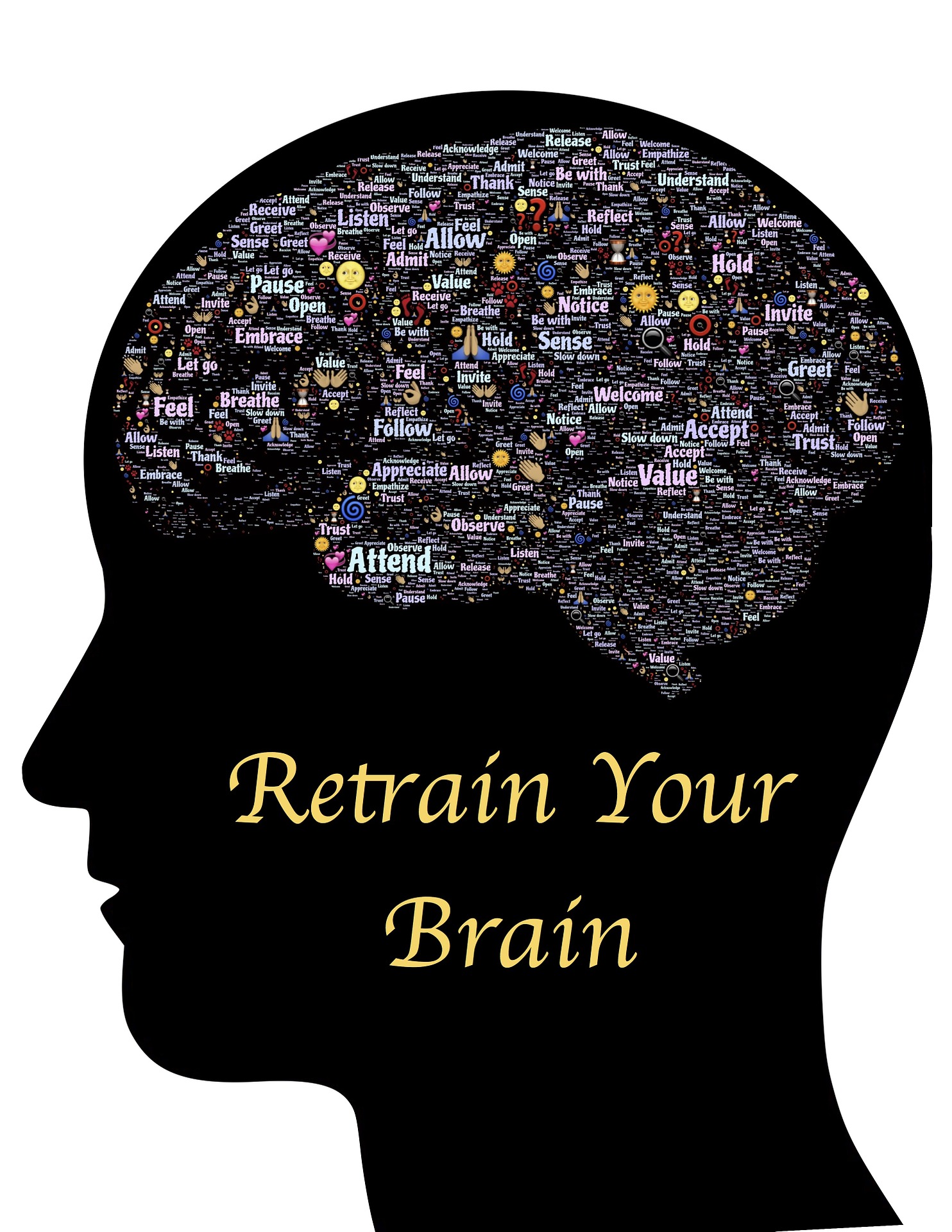
Gratitude Letters and Visits

Cregg, D., & Cheavens, J. (2020). Gratitude Interventions: Effective Self-help? A Meta-analysis of the Impact on Symptoms of Depression and Anxiety. Journal of Happiness Studies, OnlineFirst, 1-33.
Emmons, R. A. (2013). Gratitude works!: a 21-day program for creating emotional prosperity
. Hoboken, NJ: John Wiley & Sons, Inc.
Medical information obtained from this website is not intended as a substitute for professional care. If you have or suspect you have a problem, you should consult a healthcare provider.
Kristen McClure: Neurodivergent-Affirming ADHD Therapist and Coach with 30 years experience in North Carolina and South Carolina Offering virtual therapy and coaching services across North Carolina, including Ashville, Raleigh, Durham, Wilmington, Greenville, and more. Also serving major South Carolina cities such as Charleston, Columbia, Greenville, Spartanburg, Rock Hill, and more.

